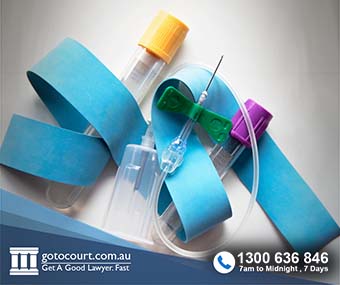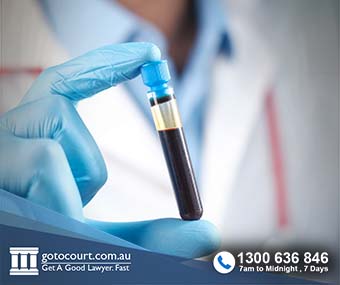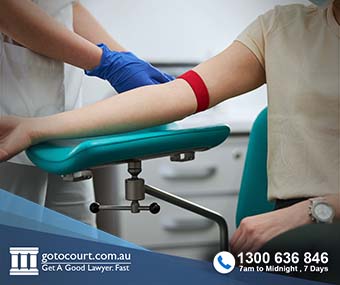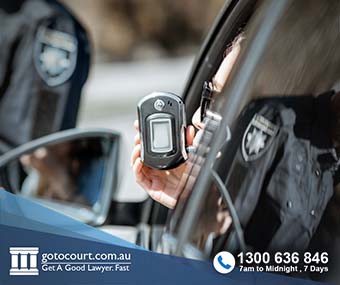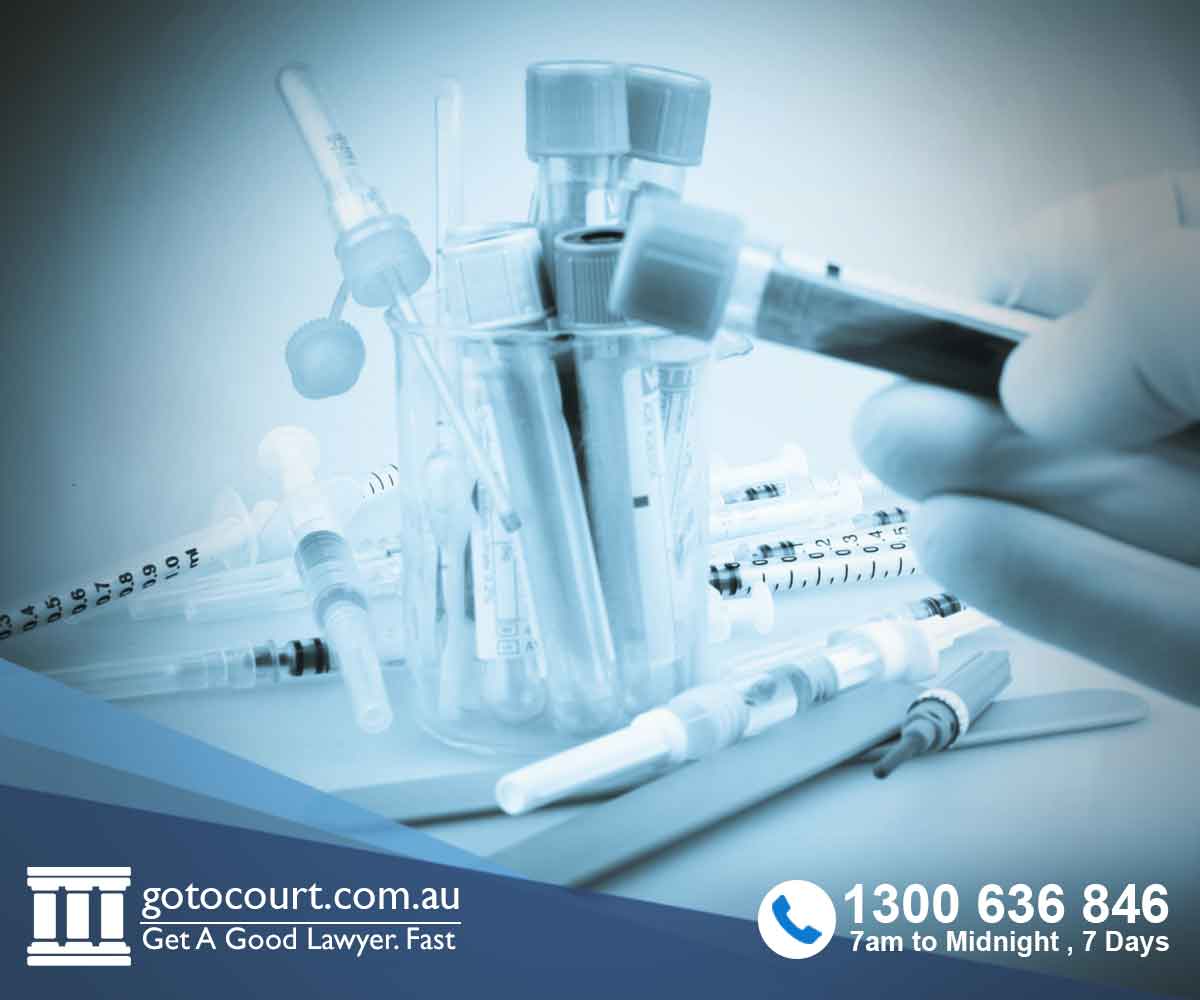Call our lawyers
now
or,
have our lawyers
call you
Blood Testing in Drink Driving Cases in Queensland
Updated on Apr 13, 2023 • 4 min read • 392 views • Copy Link
Blood Testing in Drink Driving Cases in Queensland
In Queensland, blood testing of drivers for alcohol is governed by the Transport Operations (Road Use Management ) Act 1995. This page deals with alcohol blood testing in Queensland.
When a DUI blood sample can be taken
Under section 80 of the Transport Operations (Road Use Management) Act 1995, the Queensland Police have the power to require a blood sample from a person in a range of circumstances.
Police may require a person to provide a blood sample if:
- The person has been breath tested and the test has returned a positive result;
- The person has been breath tested and the test has returned a negative result that is inconsistent with external signs;
- The person has been unable to provide a breath sample;
- The person has been in a motor vehicle accident;
- The person has been arrested for an offence involving careless driving or the use of alcohol or drugs;
- The person has been arrested for an indictable offence involving the use of a motor vehicle;
- The police suspect the person was in control of a motor vehicle within the last four hours.
A blood sample may be taken from a person who is unconscious or otherwise unable to communicate.
If a person is in hospital for treatment, they can be required to provide a blood sample only with the approval of their treating doctor.
How a DUI blood sample is taken
A person may be held for a reasonable time for a blood sample to be taken. The sample may be taken at the police station, or at a hospital or healthcare facility.
A blood sample is to be taken by a doctor, nurse or qualified assistant. The officer who has required the sample to be taken will remain present while it is taken.
The person providing the sample may request that they also be provided with a blood sample, which they may have tested independently.
Offences
There are a number of offences associated with the taking of blood samples. These offences can attract fines or terms of imprisonment.
Refusing a sample
If a person is required to provide a sample of blood for testing, they are taken not to have done so unless the sample taken is sufficient for the test or the analysis to be carried out. The person must allow the doctor, nurse, or qualified assistant to take the sample and must do as directed. If a person fails or refuses to give a specimen, they are taken to be guilty of an offence under section 79 of the Transport Operations (Road Use Management) Act 1995 .
For a first offence of refusing a sample, the maximum penalty is a fine of 28 penalty units or imprisonment for nine months.
If the person has had a conviction within the last five years for refusing a blood test, for driving under the influence or for a serious driving offence, the maximum penalty of a fine of 60 penalty units or imprisonment for 18 months.
If the person has had two convictions within the previous five years for refusing a blood test, for driving under the influence or for a serious driving offence, the court must impose a penalty that includes imprisonment.
When a person is found guilty of this offence, there will be a period of disqualification from driving, which may include participation in an Alcohol Ignition Interlock Program
Obstructing the taking of a specimen
Under section 80A of the Transport Operations (Road Use Management) Act 1995, a person must not obstruct a healthcare professional taking a specimen of blood without a reasonable excuse. The maximum penalty for this offence is a fine of 40 penalty units.
Challenging a sample
A blood sample reading may be challenged on a few grounds. Firstly, if a driver receives their own blood sample, they can have this analysed and if a different result is obtained, this would from the basis for a challenge to the accuracy of the police analysis.
The accuracy of a police blood sample analysis may also be challenged on the basis that all of the requirements for the transmission and testing of the sample were not properly complied with or that the request to provide a blood sample was not made lawfully.
It is a defence to the charge of refusing to provide a blood sample if the request to provide the specimen was not lawfully made. It is also a defence if a sample could not be provided because of events that occurred that meant the driver was incapable of providing the specimen. It will also be a defence if the court accepts that there was some other good reason for the person’s failure to provide the specimen.
If you require legal advice or representation in any legal matter, please contact Go To Court Lawyers.

Affordable Lawyers
Our Go To Court Lawyers will assist you in all areas of law. We specialise in providing legal advice urgently – at the time when you need it most. If you need a lawyer right now, today, we can help you – no matter where you are in Australia.How It Works







1. You speak directly to a lawyer
When you call the Go To Court Legal Hotline, you will be connected directly to a lawyer, every time.


2. Get your legal situation assessed
We determine the best way forward in your legal matter, free of charge. If you want to go ahead and book a face-to-face appointment, we will connect you with a specialist in your local area.


3. We arrange everything as needed
If you want to go ahead and book a fact-to-face appointment, we will connect you with a specialist in your local area no matter where you are and even at very short notice.



